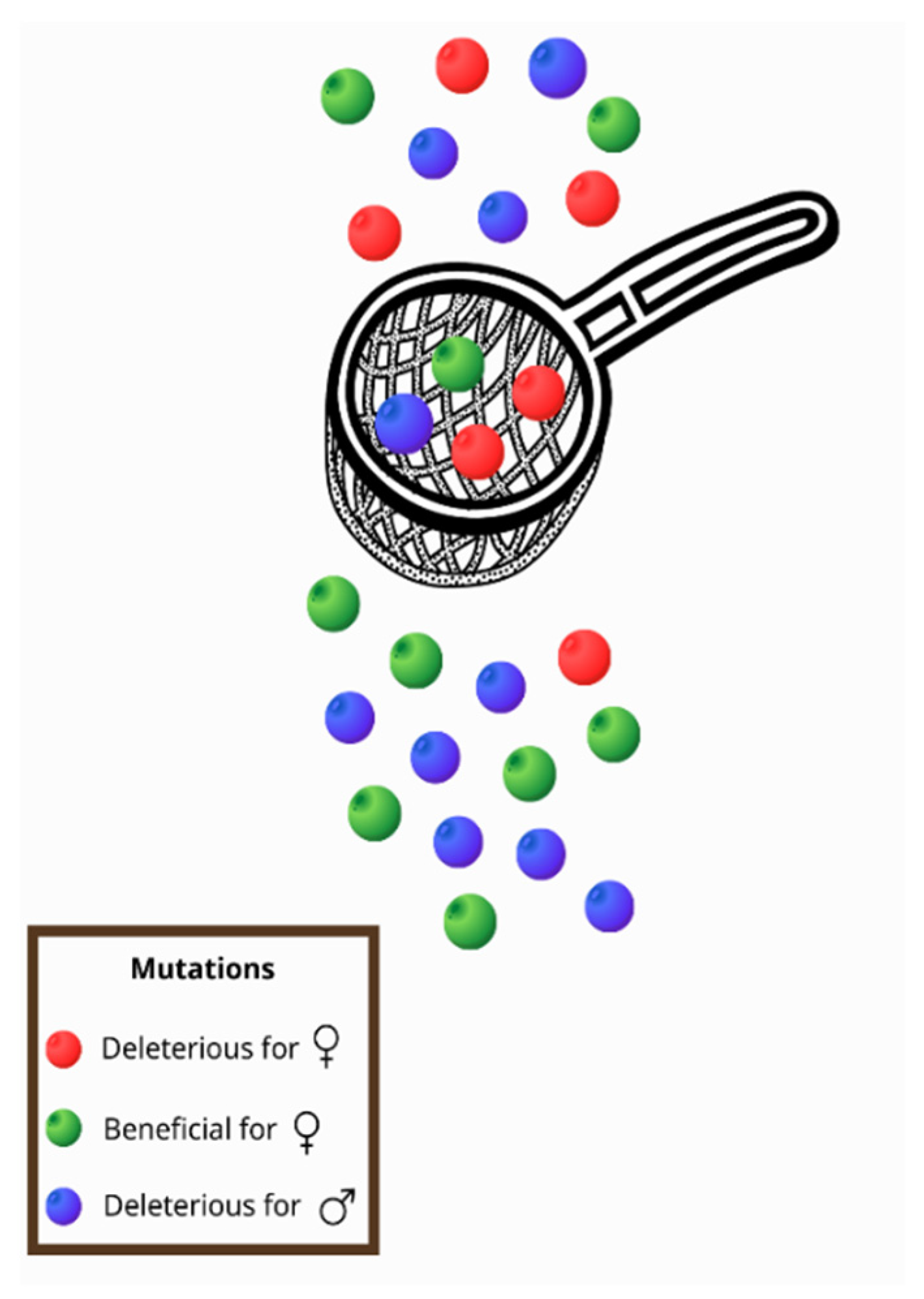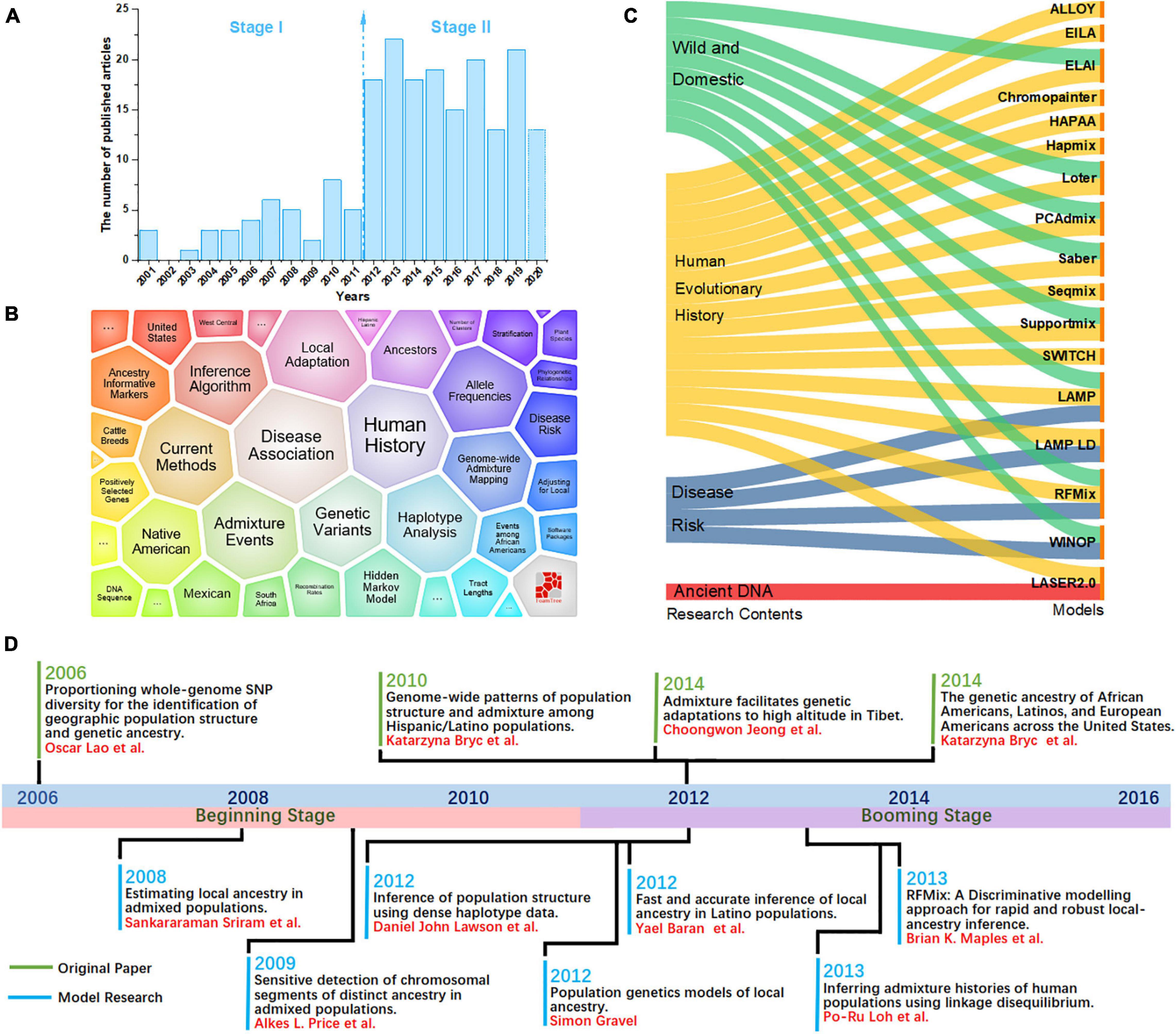Genetic origin, admixture, and asymmetry in maternal and paternal human lineages in Cuba, BMC Ecology and Evolution
Por um escritor misterioso
Descrição
Background Before the arrival of Europeans to Cuba, the island was inhabited by two Native American groups, the Tainos and the Ciboneys. Most of the present archaeological, linguistic and ancient DNA evidence indicates a South American origin for these populations. In colonial times, Cuban Native American people were replaced by European settlers and slaves from Africa. It is still unknown however, to what extent their genetic pool intermingled with and was 'diluted' by the arrival of newcomers. In order to investigate the demographic processes that gave rise to the current Cuban population, we analyzed the hypervariable region I (HVS-I) and five single nucleotide polymorphisms (SNPs) in the mitochondrial DNA (mtDNA) coding region in 245 individuals, and 40 Y-chromosome SNPs in 132 male individuals. Results The Native American contribution to present-day Cubans accounted for 33% of the maternal lineages, whereas Africa and Eurasia contributed 45% and 22% of the lineages, respectively. This Native American substrate in Cuba cannot be traced back to a single origin within the American continent, as previously suggested by ancient DNA analyses. Strikingly, no Native American lineages were found for the Y-chromosome, for which the Eurasian and African contributions were around 80% and 20%, respectively. Conclusion While the ancestral Native American substrate is still appreciable in the maternal lineages, the extensive process of population admixture in Cuba has left no trace of the paternal Native American lineages, mirroring the strong sexual bias in the admixture processes taking place during colonial times.

Genome-wide patterns of population structure and admixture among Hispanic/Latino populations
References, In the Light of Evolution: Volume IV: The Human Condition

PDF) Ancient DNA confirms diverse origins of early post-Columbian cattle in the Americas

PDF) Genetic diversity in Puerto Rico and its implications for the peopling of the Island and the West Indies

PDF) Population Affinities of 19th Century Cuban Crania: Implications for Identification Criteria in South Florida Cuban Americans

Genes, Free Full-Text

Frontiers Systematic Review on Local Ancestor Inference From a Mathematical and Algorithmic Perspective

Ancient DNA reconstructs the genetic legacies of pre-contact Puerto Rico communities

Genetic diversity in Puerto Rico and its implications for the peopling of the Island and the West Indies - Vilar - 2014 - American Journal of Physical Anthropology - Wiley Online Library

Genetic diversity in Puerto Rico and its implications for the peopling of the Island and the West Indies - Vilar - 2014 - American Journal of Physical Anthropology - Wiley Online Library
de
por adulto (o preço varia de acordo com o tamanho do grupo)







